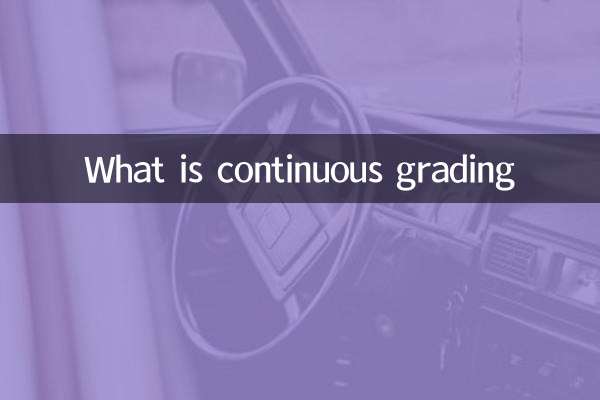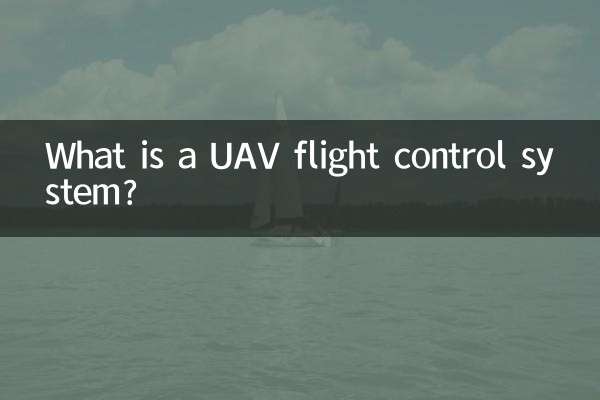What documents do second-hand excavators have?
When purchasing a second-hand excavator, it is important to know whether its relevant documents are complete. These documents not only prove legality but also help buyers avoid potential legal and financial risks. This article will introduce in detail the documents required for a second-hand excavator, and attach a structured data table to help you grasp key information at a glance.
1. Necessary documents for second-hand excavators

When purchasing a second-hand excavator, be sure to check whether the following documents are complete to ensure the legality and safety of the transaction:
| Document name | effect | Things to note |
|---|---|---|
| Purchase invoice | Prove the purchase source and price of the excavator | The information on the invoice should be consistent with the actual excavator |
| Certificate | Prove that the excavator meets national production standards | Need to match the excavator model |
| Instructions for use | Provide operating and maintenance instructions for excavators | Make sure there are no missing parts |
| warranty card | Certificate of enjoying manufacturer’s warranty service | Check if it is within the warranty period |
| Environmental certification | Prove that the excavator meets environmental emission standards | Different regions may have different requirements |
| Ownership Transfer Agreement | Proof that ownership of the excavator has been transferred | Both parties need to sign and confirm |
2. Other supporting documents
In addition to the above-mentioned necessary documents, the following auxiliary documents can also provide more protection for the transaction of second-hand excavators:
| Document name | effect | Things to note |
|---|---|---|
| Maintenance records | Reflect the use and maintenance of the excavator | The more detailed the record, the better |
| insurance policy | Proof that the excavator is insured | Check the insurance validity period |
| Annual inspection certificate | Prove that the excavator has passed annual inspection | Make sure the annual inspection is within the validity period |
| Special equipment operation certificate | Prove that operators have legal qualifications | Not required, but recommended to look at |
3. How to verify the authenticity of documents
When purchasing a second-hand excavator, verifying the authenticity of the documents is an essential step. Here are a few common verification methods:
1.Check information consistency:Check whether the excavator model, engine number, and frame number on all documents are consistent.
2.Contact the original manufacturer or dealer:Use the information on the purchase invoice or certificate of conformity to contact the original manufacturer or dealer to verify the authenticity of the certificate.
3.Check environmental certification:Check whether the excavator’s environmental certification is valid through the local environmental protection department or relevant websites.
4.Check seal and signature:Make sure seals and signatures on documents such as ownership transfer agreements are legible.
4. Frequently Asked Questions
Q1: What should I do if my second-hand excavator does not have a purchase invoice?
A1: If the purchase invoice is missing, you can try to contact the original seller to issue a replacement, or prove the legitimacy of the excavator through other documents (such as certificate of conformity and warranty card). However, missing invoices may affect subsequent transfers or warranty services.
Q2: Is environmental certification necessary?
A2: Depending on the regulatory requirements of different regions, environmental certification may be mandatory. Especially in first-tier cities or areas with strict environmental requirements, the lack of environmental certification may cause the excavator to be unable to be used normally.
Q3: Does the ownership transfer agreement need to be notarized?
A3: Notarization is not required, but in order to ensure the legality of the agreement and reduce disputes, it is recommended that both parties notarize it after signing the agreement.
5. Summary
Buying a second-hand excavator is a complex transaction involving multiple links and documents. Ensuring that all documents are complete, authentic and valid is the key to ensuring the safety and legality of transactions. Through the structured data and detailed description provided in this article, we hope to help you make an informed decision when purchasing a used excavator.
If you have any questions about the certificates of second-hand excavators or other related issues, please leave a message in the comment area and we will be happy to answer your questions.

check the details

check the details